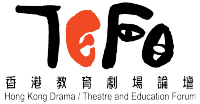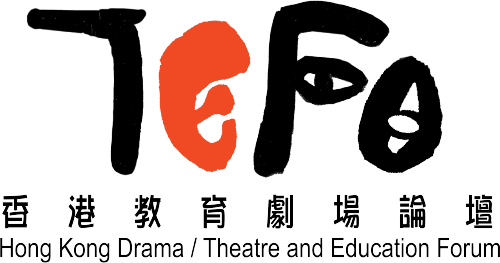Tag: Action Research
Learning to Write Critically: Drama as Pedagogy and the Implications for Cultural Criticism|DaTEAsia Vol. 3
This paper analyzes the role and use of drama in engaging students with the work of cultural criticism, as it is practised in the educational settings of critical writing under the Liberal Studies curriculum within Hong Kong senior secondary schools. Drawing on action research conducted at the site of a local secondary school, we explore the pedagogic potentials of dramatic intervention for the exercise of cultural analysis and critical writing in class, and examine students’ dialogic thinking, engagement and communication among themselves, and with their target readers outside of the classroom. By mediating the process of critical composition we review the multiple dimensions and uses of criticism in the pedagogic space opened for and through writing. At the end of this experimental study on the work of drama in cultural criticism as writing, we discuss the implications such pedagogy may have for critical writing education at schools.
Children Create Their Own Drama with the Help of the Teacher: An Action Research on the Curriculum Implementation of Theme-Integrated Drama in Preschools in the Mainland China|DaTEAsia Vol. 3
The action research conducted here on the curriculum implementation of Theme-integrated Drama in preschools in the Mainland China aims to find out how, with the guidance of the teacher, children create their own drama works by integrating their experience in drama expression, drama creation and drama performance. To implement the curriculum, different themed drama activities are often designed for different age groups; for example, “Trees and Birds” for the class of five to six year olds. Such activities include three phases. In the phase of drama expression, children in particular roles have an opportunity to express their views of the surrounding world. Then the children are encouraged to create plots and scenes around a conflict where their role is dramatized, and then to discover and solve problems. This is the phase of drama creation. In the last phase, previously acquired experience in drama expression and drama creation are integrated into the drama performance. Through that experience children gain a sense of accomplishment when presenting their own drama works in front of the audience.




